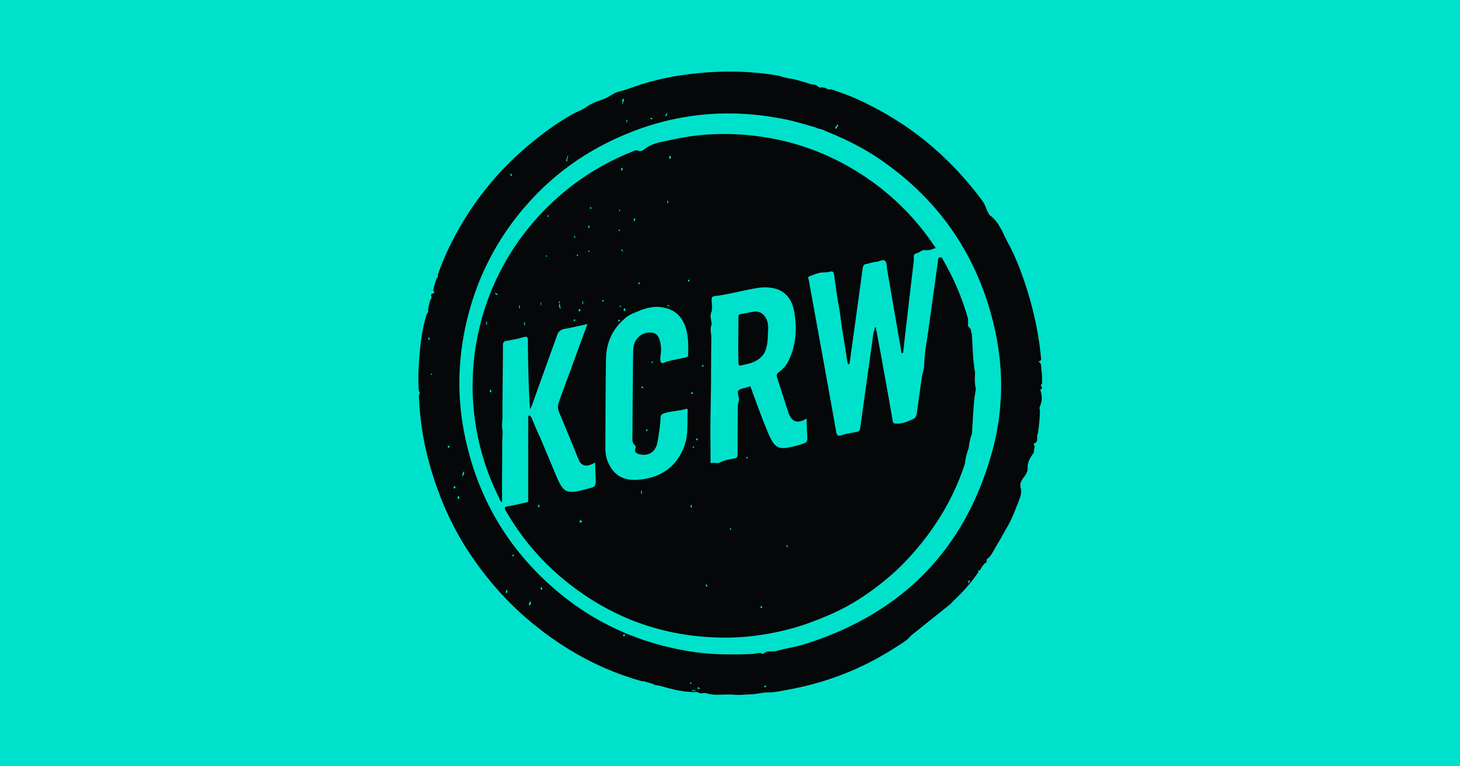That's an awfully naive and simplistic way of looking at things.
As nonprofit organizations, public broadcasters all file Form 990, which provides a lot more transparency into budgets and salaries than any commercial broadcaster is required to disclose.
The funding that comes "from the government" is as far from a blank check as it could be. If you've never been on the receiving end of CPB funding, it comes with more strings than a marionette. We're required to provide CPB with tons of specifics about how its money is used. Every hour of every timecard has a category and subcategory attached to it to track how it's funded and what it's being used for.
Does that mean that as Joe Random Taxpayer, you get complete license to pry into every aspect of the operation of any given nonprofit that receives any degree of government funding? Of course not. As a taxpayer, your representative government has oversight powers which are exercised through CPB and ultimately through the Congress that funds it. If you want to file FOIA requests, you can do so, within limits. You can also attend open board meetings, which we're required to publicize.
Nonprofits (unless they are themselves government entities like state universities) are still private institutions. There's a big difference between accepting some amount of grant money from a government entity (as many nonprofits do) and actually being a government entity. The 1967 public broadcasting act explicitly did not establish a federally-run public broadcasting system, for better or worse - and because it didn't, it's up to each individual nonprofit entity running a station to make its own decisions about staffing and operations.



